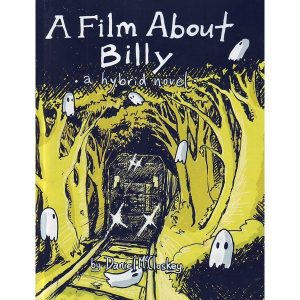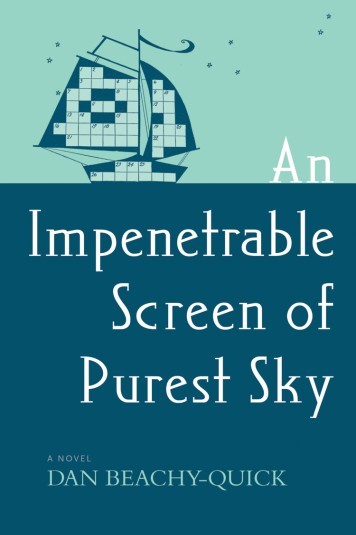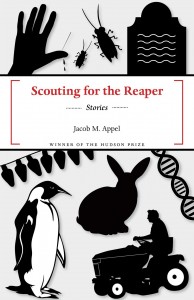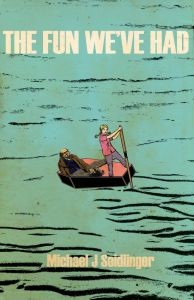–by Julie Hart
I met Chelsea Hodson last July when she read at The Book Report, a reading series at the HiFi on New York’s Lower East Side. She “reported” on Jo Ann Beard’s The Boys of My Youth by reading an essay about the boys of her own youth. I bought her chapbook, an essay called Pity the Animal (Future Tense Books, 2014), and read it on the subway home. This line severed me: “I was writing everything down as if I knew what I was seeing.” I almost immediately began my own piece beginning with, “I was writing down my opinions and calling them poetry.” This is the highest form of flattery I know.
Chelsea agreed to come over to my Brooklyn studio and let me interview her. We talked about her recently completed project, Inventory, a Tumblr blog pairing short prose poems with photos of every single thing she owns—all 657 of them. We also discussed her writing practice, Marina Abramovic, her favorite poets, the Tin House summer workshop, and our minimalist aesthetic.
Julie: First, I wanted to ask you about Inventory. How did you keep going for 657 days?
C: Well, when I started it, I didn’t think anyone would read it. But I liked the idea of it being on the internet, a public document. Putting it out into the world helped me feel accountable, so the longer it went, the more I realized it had to be completed. When I started it, I thought, “I’ll do it for a while, but I probably won’t do everything.” The longer it went on, the more I realized, “No, I actually do need to finish it.” But I didn’t realize it was going to take nearly two years to do. I thought it would take maybe a year. I don’t know why. I just started making an inventory, and I started in the kitchen. When I decided to do the blog, I began a narrative and just did whichever object I felt would logically come next. Something in the kitchen would remind me of something in a book, so I would get that book and quote that part, so in that way it became somewhat random. I wasn’t doing it by room; I was doing it by instinct, intuition, what I thought would come naturally in the inventory. Conceptually, it would not be good if I didn’t actually do everything. I just felt, what’s the point if I don’t do the whole thing? Continue reading →
![[PANK]](http://pankmagazine.com/wp-content/themes/pank/assets/images/pank-logo-large.png)






